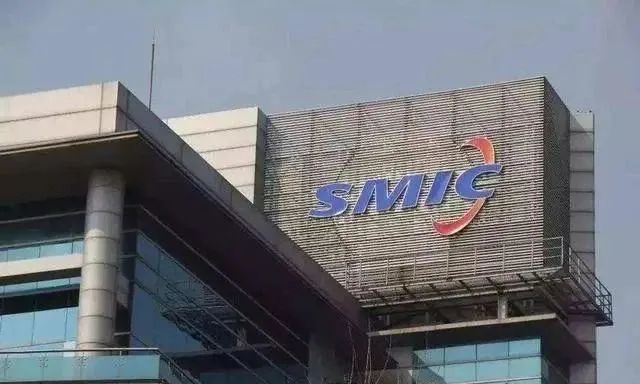
In today’s volatile international trade environment, the policy of reciprocal tariffs acts like a heavy bomb, dropping into the seemingly calm yet turbulent waters of the semiconductor industry, instantly creating waves and bringing unprecedented significant benefits to the domestic chip replacement process.
In the semiconductor industry, the wafer foundry segment is crucial. As the two giants in this field, SMIC and Hua Hong Semiconductor are naturally expected to perform well. With the advancement of the reciprocal tariff policy, end customers are increasingly shifting production to Chinese factories for cost control. Downstream manufacturers are also moving products aimed at the Chinese market to local production to avoid cost pressures. After all, producing locally in China not only reduces logistics costs but also better addresses the uncertainties brought by tariff policies.

Moreover, the impact of tariffs on high-end chip imports may further stimulate demand for Chinese wafer foundry services. Due to tariffs, the prices of foreign high-end chips have risen, leading domestic manufacturers to prefer more cost-effective domestic chips and foundry services when choosing suppliers. This undoubtedly brings new development opportunities to China’s semiconductor industry, like lighting a lamp in the dark, illuminating the path of industrial upgrading.
However, the capital market presents a starkly different picture from the industry’s development prospects. SMIC’s stock fell 4.6% in the A-share market, closing at 84 yuan, with a market value of 375.8 billion yuan; the Hong Kong stock market plummeted over 16%, closing at 37.3 Hong Kong dollars, with a market value of 406.9 billion Hong Kong dollars. Hua Hong Semiconductor’s stock dropped 12.7% in the A-share market, closing at 40.76 yuan, with a market value of 47.9 billion yuan; in the Hong Kong market, it fell over 16%, closing at 25.75 Hong Kong dollars, with a market value of 51.9 billion Hong Kong dollars. The significant fluctuations in stock prices reflect the market’s concerns and uncertainties about the future development of the semiconductor industry. Investors may worry that tariff policies could escalate trade wars, affecting the stability of the global semiconductor market; or they may have doubts about the technological strength and industrial ecosystem of domestic chip replacements, fearing that companies may not achieve breakthroughs in the short term.
